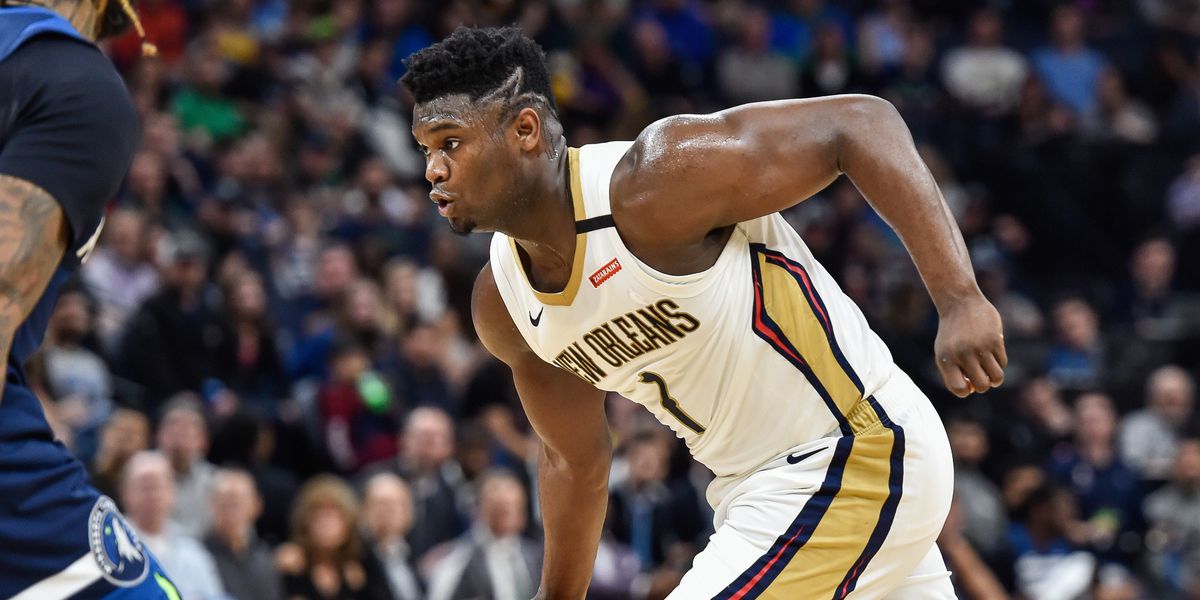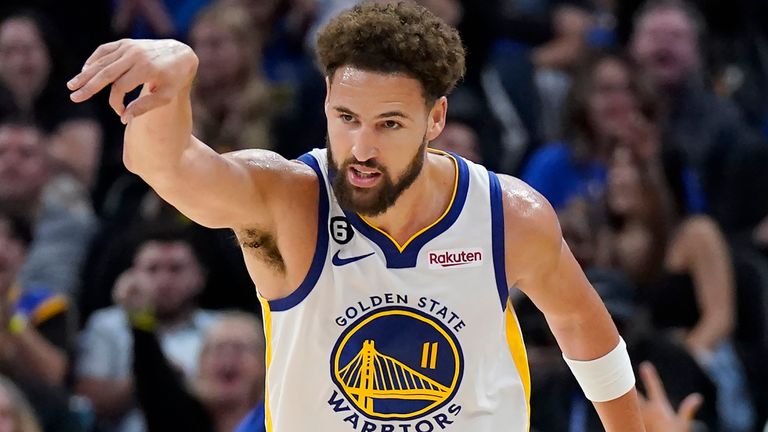Ja Morant
Ja Morant received an extension to his maximum rookie deal this summer. Darius Garland and Zion Williamson also received their little less blatant but understandable maximum extensions.
RJ Barrett of the Knicks
RJ Barrett of the Knicks, Tyler Herro of the Heat, and Jordan Poole of the Warriors remain the three rookies whose contract extensions are most in doubt.
Barrett agreed to a four-year agreement.
That is, until Monday when Barrett agreed to a four-year agreement to have a guaranteed $107 million (with incentives, it could be worth up to $120 million).
Did Herro and Poole's and Barrett's agreement establish the market?
Not quite. But in a wide sense, sure.
Five-year, $193 million maximum,
Barrett didn't receive anywhere close to the five-year, $193 million maximum, and his willingness to settle for less does set the market for Herro and Poole — none of them is receiving the maximum. You know they held out hope even though none of them deserves it the way Morant does.
Barrett's circumstance is distinct from Herro's and Poole's, though.
Herro is the current Sixth Man of the Year.
Herro is the current Sixth Man of the Year, but as Ira Winderman of the Sun-Sentinal points out, he has only made 33 starts over three years, whereas Barrett has made more than 70 starts each of the last two seasons. Herro has great strengths, including shooting the ball, getting hot, creating some secondary plays, and having big postseason performances. Herro is a scorer, averaging 20.7 points per game and shooting 39.9% from 3-point range last season, but he is a poor defender who has yet to establish himself as a starter (although he wants, and likely gets, that chance this season). Barrett is a more complete player than Herro.
The distinction between Herro's and Barrett's
Another important distinction between Herro's and Barrett's roles that Winderman made was that, as the Knicks' No. 1 option the previous season, Barrett was responsible for a significant amount of shot creation. Jalen Brunson, despite being signed, is New York's second-worst option at first base. In Miami, Herro is either option three or option 4. (depending on how Kyle Lowry bounces back this season, but both trail Bam Adebayo and Jimmy Butler). The Knicks require Barrett more than the Heat needs Herro, but Barrett also received the ball because of the Knicks' roster at the time; Herro joined a loaded club following the draught.
Herro is an important component.
Additionally, the Heat are not in a rush to give Herro a contract extension since the moment he does, and he loses his value as a trade chip. Herro is an important component of the Heat's proposals for Donovan Mitchell and Kevin Durant, and even though neither deal is near, the Heat shouldn't shut the door on Herro. By Oct. 18, which is six weeks from now, Herro must sign his extension. Why would the Heat remove the option at this time? Miami might decide not to give Herro a fair contract to keep him tradeable until the February deadline and then decide about an extension the following summer (like the Suns did with Deandre Ayton).
Jordan Poole
Since Jordan Poole has a track record of success in the postseason and was instrumental in the Warriors' championship, his status in Golden State is unique. He was perhaps the Warriors' second-best offensive player throughout the postseason.
Trail Blazers
Anfernee Simons of the Trail Blazers received a four-year, $100 million extension, and Jordan Brunson of the Knicks received a similar deal (four years, $104 million guaranteed, with incentives up to $110 million), according to Dalton Johnson of NBC Sports Bay Area. Barrett fits in exactly with it.
Stephen Curry
Poole has demonstrated his abilities on a huge stage, earned the respect of players like Stephen Curry and Draymond Green, and can serve as a bridge to a future with Jonathan Kuminga. Poole struggles defensively (like Herro, though not as much as Simon of the Blazers) (and maybe James Wiseman). Poole's role in the upcoming season could expand.
Curry and Klay Thompson
The Warriors must also consider their overall financial situation because they had the largest payroll in the NBA last season and the greatest luxury tax payment ever. The Warriors and Clippers will again be at the top this season. Curry and Klay Thompson both earn over $40 million per season. The Warriors want to extend Andrew Wiggins' contract (at a salary that is less than the $33 million he will make this season but still well above $20 million), and Draymond Green is extension-eligible (the Warriors want to deal with that next summer, but Green can opt-out and become a free agent then). Kalinga and Wiseman's contracts are on the way. The Warriors' spending is subject to a cap, as evidenced by the departures of Otto Porter and Gary Payton II, despite the Chase Center serving as their cash cow.
What role does Poole play in the scenario? At what number is that?
Another thing to remember with Herro and Poole (as well as Barrett and every rookie extension this year) is that the NBA pay cap is anticipated to increase significantly over the following five years. After the pandemic, revenue is already rising (*knock on wood*), and a new television deal should begin in 2025. Barrett or anyone else making $25–30 million per season could sound excessive, but in a few years, that sum will resemble typical starter pay and won't seem so bad.
Teams have much to consider, but Barrett is the first brick to fall.



Login To Leave a Comment